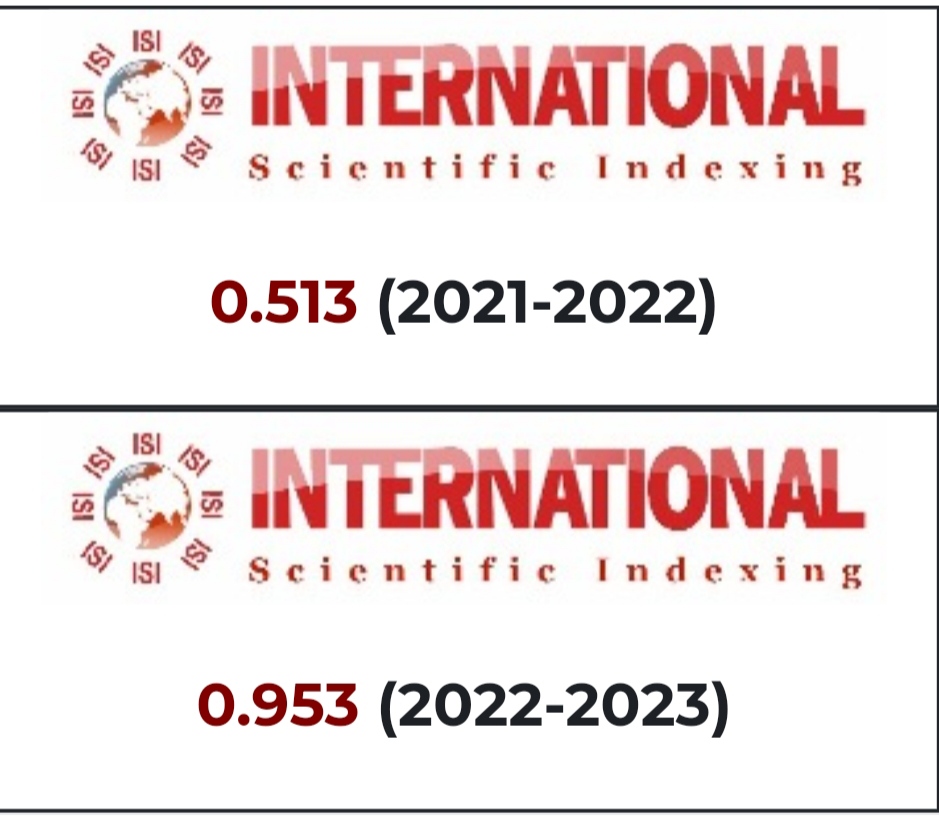THE USAGE OF GAMES IN TEACHING FOREIGN LANGUAGES IN HIGHER EDUCATIONAL INSTITUTIONS
Keywords:
: benefits, games, foreign language, effectiveness, teaching.Abstract
this study aimed toward investigation the benefits of utlizing language games in teaching English as an overseas languages in Sudan Basic faculties. The matter of the study was that, the research worker believes that the matter of the current study stems from students' low output in English language tests, lack of motivation and weak participation in school. This drawback was documented through the researcher's long expertise in teaching English as an overseas language and examination results, knowledge analysis and consultation of different English academics.
References
. El Shamy. Training Games: Everything You Need to Know about Using Games to Reinforce Learning. Verginia: Stylus Publishing, LLC, 2001, P.15.
A. Nalasco. Songs Games for Children. Oxford, Macmillan Publisher Limited, 1991, p.76.
N. Prabhu. Second Language Ped. Oxford University Press.,1987.
S. Sugar & K. Sugar. Primary Games. Experiential Learning. Activities for Teaching Children K- 8. American Scientific Research Journal for Engineering, Technology, and Sciences (ASRJETS) (2017) Volume 37, No 1, pp 140-150 Jossey- Bass Publishing House, 2002, P.6.
D. Crookal, &R. Oxford. Simulation, gaming and language learning. New York, Newbury House Publishers, 1990, P.5.
I.Chen. (2005). “Using games to promote communicative skills in Language learning. TESL Journal [Online]-2,pp. 125-132.Availabe: http://www.upm.ro/ldmd/LDMD03/Lds/Lds%2003% 2076.pdf, [Oct.17,2017]











